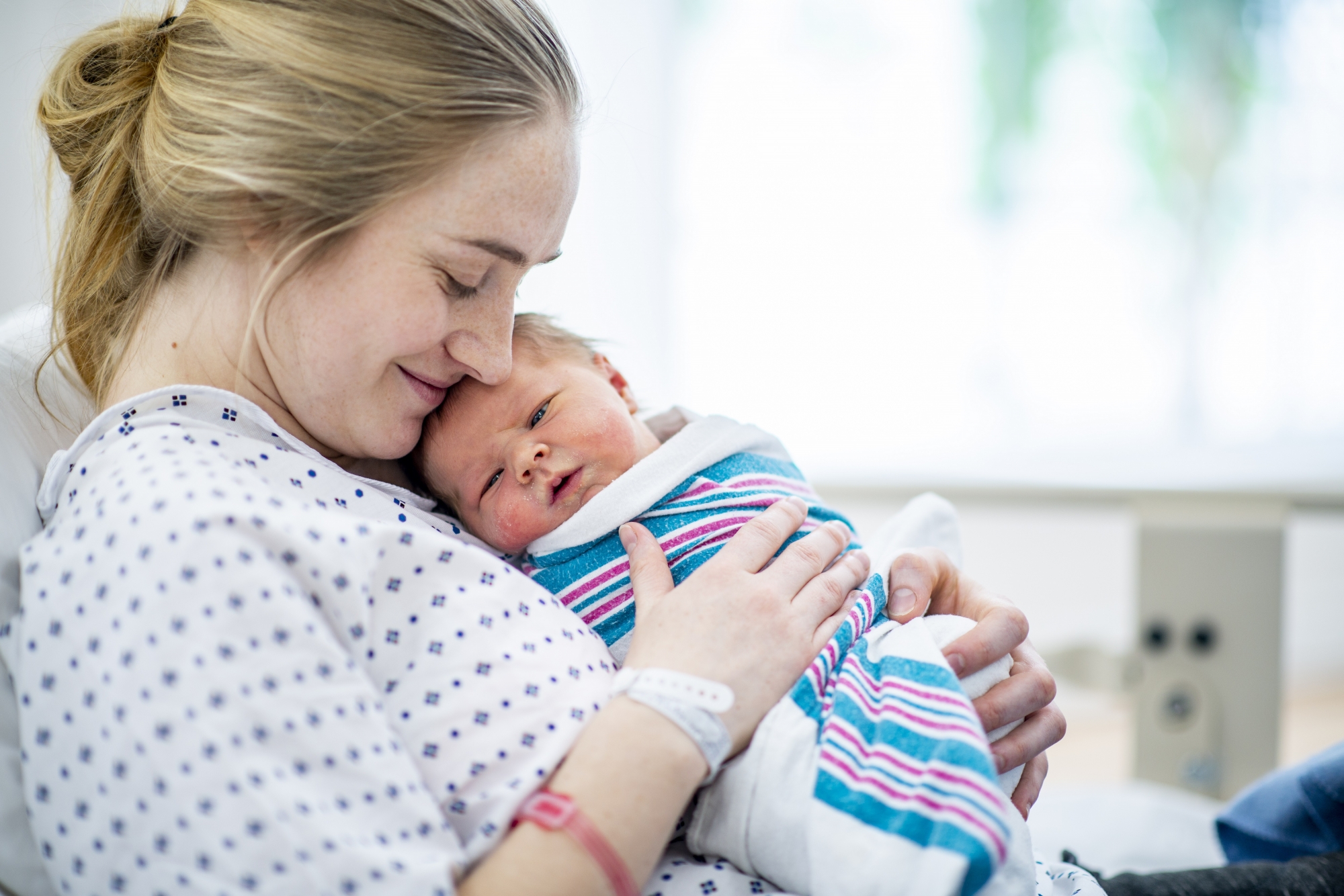
Contact Us
Tel: 0113 843 4388
Email: leeds.mws@nhs.net
Our office opening hours are:
Monday, 8:00am - 6:00pm
Tuesday, 8:00am - 4:00pm
Wednesday, 8:00am - 4:00pm
Thursday, 8:00am - 6:00pm
Friday, 8:00am - 4:00pm
Please note we are closed on Bank Holidays.
Find Us
Burmantofts Health Centre, Cromwell Mount Leeds, LS9 7TA
LMWS Blog: Maternal Mental Health Awareness Week
Whether you’re planning, expecting or caring for a new baby, there is often immense pressure to appear happy and calm. However, parents can experience a range of mental health issues during this time, from anxiety and depression to PTSD and psychosis. Maternal Mental Health Awareness Week seeks to address this disparity by raising awareness of mental health challenges during the perinatal period – and the wide range of support available.
LMWS Clinical Lead Paula Smith has twenty years’ experience in mental health and now supports new and expectant parents. ‘Having a baby is generally seen as a time of happiness and excitement, but in reality many people experience problems with their emotional health,’ she says. ‘Perinatal mental illness affects up to 20% of new and expectant mums, and more than a quarter of fathers report above-mild depression too.’
More than the 'baby blues'
New parents are often unaware of what is normal – and what isn’t. ‘Most women experience “baby blues” three to four days after giving birth, where they feel weepy, low, anxious and irritable,’ Paula explains. ‘But if symptoms continue – or worsen – you should seek help as soon as possible. Panic attacks, intrusive or suicidal thoughts, feeling guilty or worthless – these are all things to look out for.’
Some women also experience debilitating conditions like OCD, postpartum psychosis and tokophobia (extreme fear of giving birth). ‘Mental health is just as important during and after pregnancy as checking for high blood pressure and avoiding certain high risk foods,’ Paula says. ‘Partners need support too. For example, those who witness traumatic births that put their partner and baby at risk may experience PTSD.’
A priority at LMWS
Perinatal mental health is therefore a priority at LMWS. ‘We offer evidence based psychological therapy for common mental health problems,’ Paula says. ‘Our flexible approach offers a range of advice and psychological therapy including group based and 1:1 therapies, classes, one-off sessions and online support options. For more complex cases, we work with Leeds Specialist Perinatal Mental Health Service to refer patients or to inform our own treatment.’
Paula welcomes initiatives like Maternal Mental Health Awareness Week that have raised understanding of these issues. ‘I’ve seen a real drive to increase the awareness of maternal and paternal mental health and ways to improve it,’ she says. ‘Health services and charities are working closely together to make it as easy as possible for new parents to access support.’
Ask for help
The most important thing is that people feel able to seek help when they need it. ‘Parents often feel that they look like a failure or will lose their baby if they admit to mental health problems,’ Paula says. ‘But asking for help is a simple process that can make all the difference to you, your partner and your baby.’
If you need help, guidance or advice, ask your GP, midwife or health visitor to refer you to LMWS – or refer yourself via our website. You’re not alone – we’re here to help.


